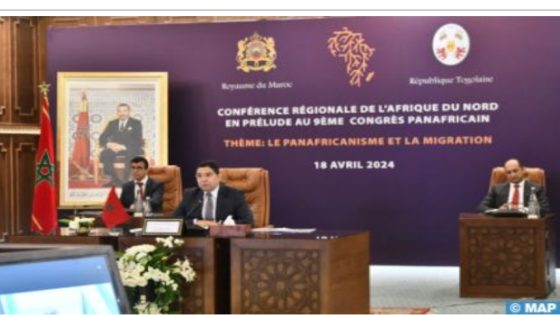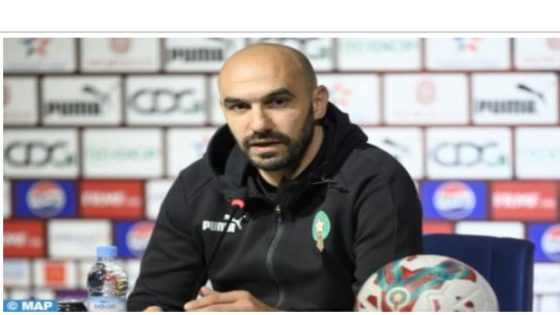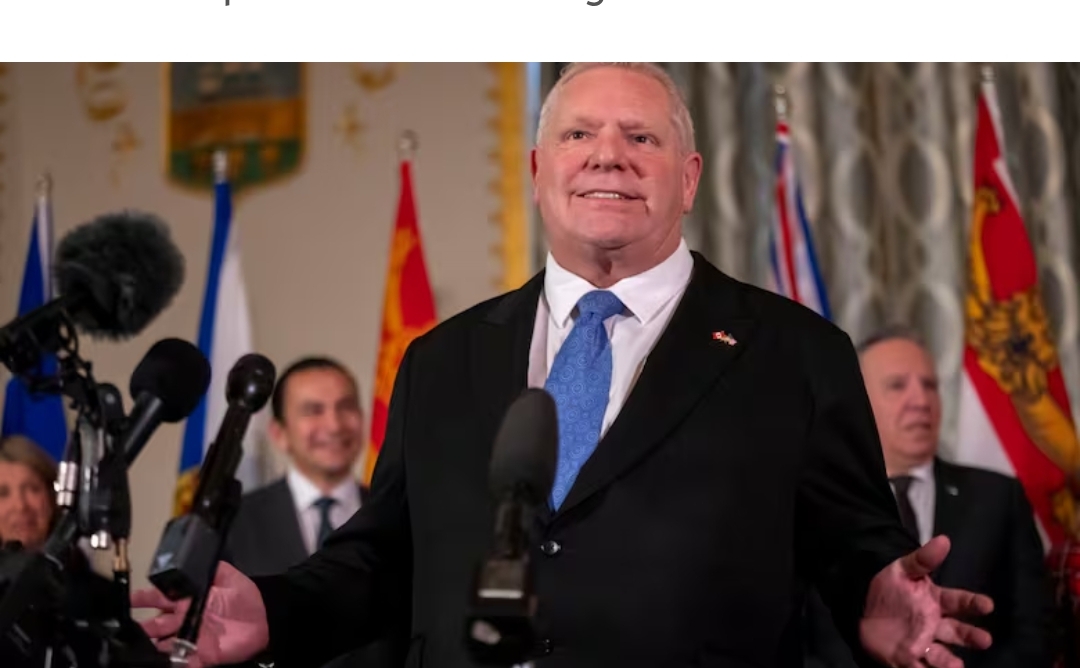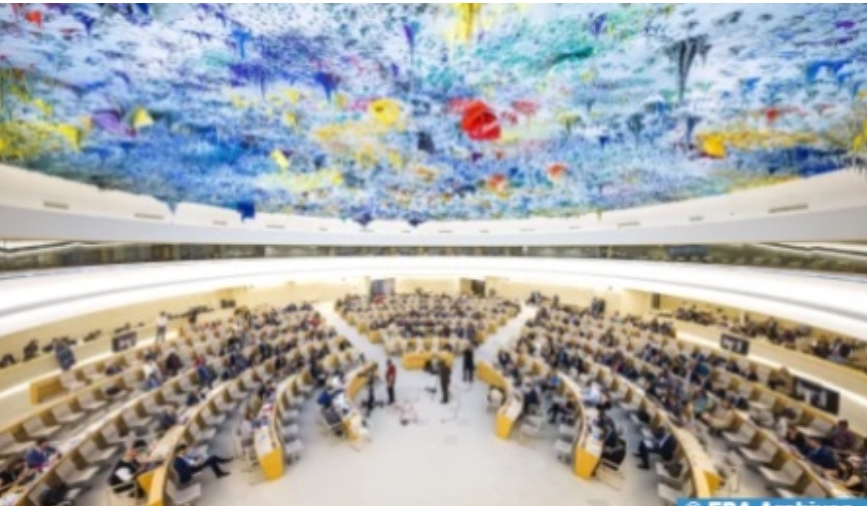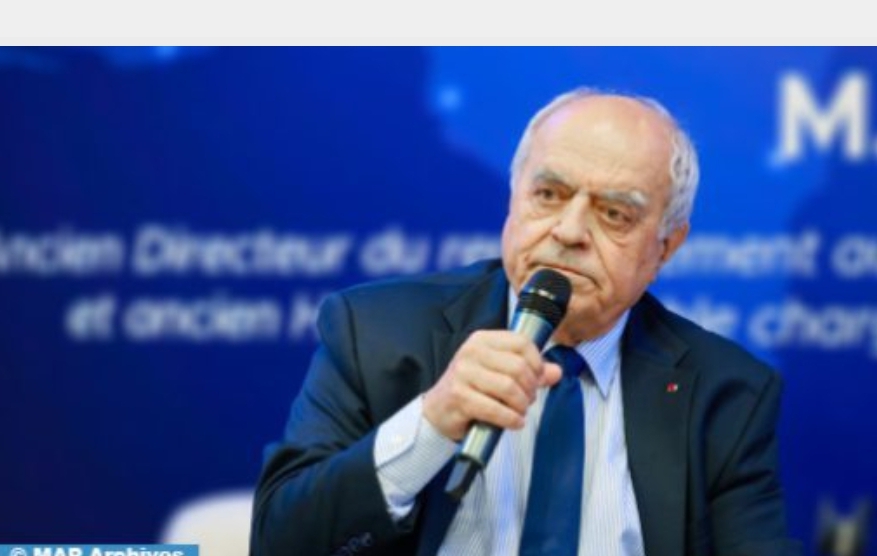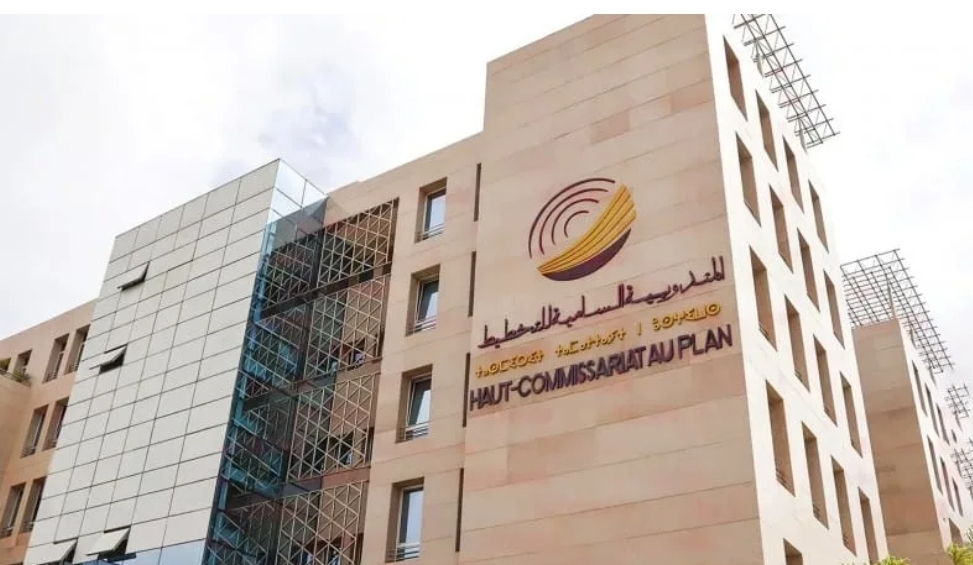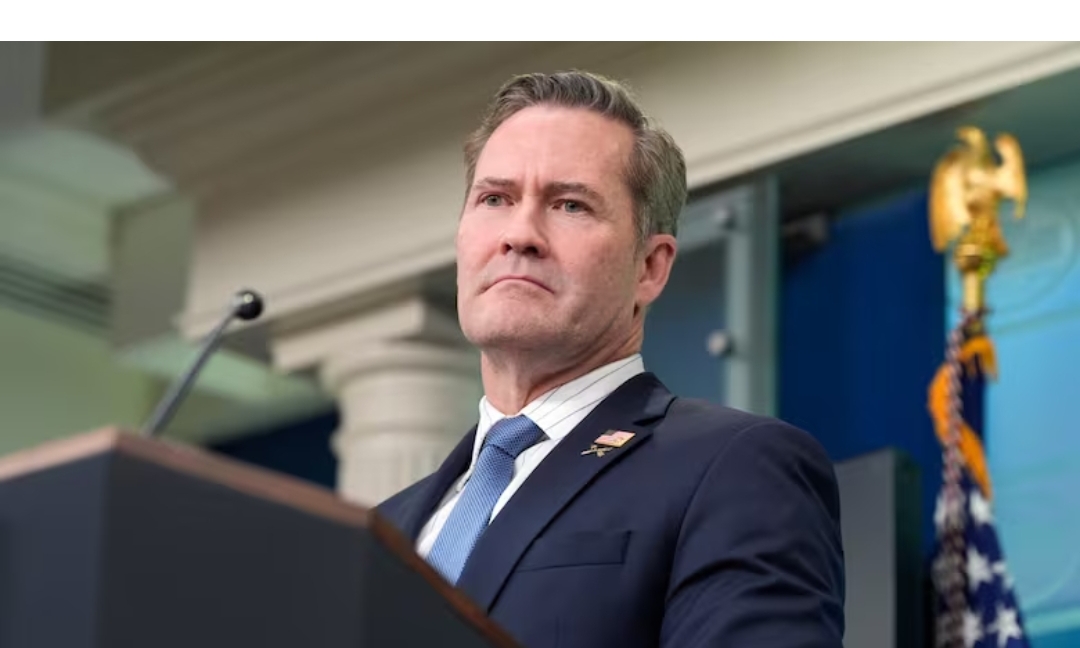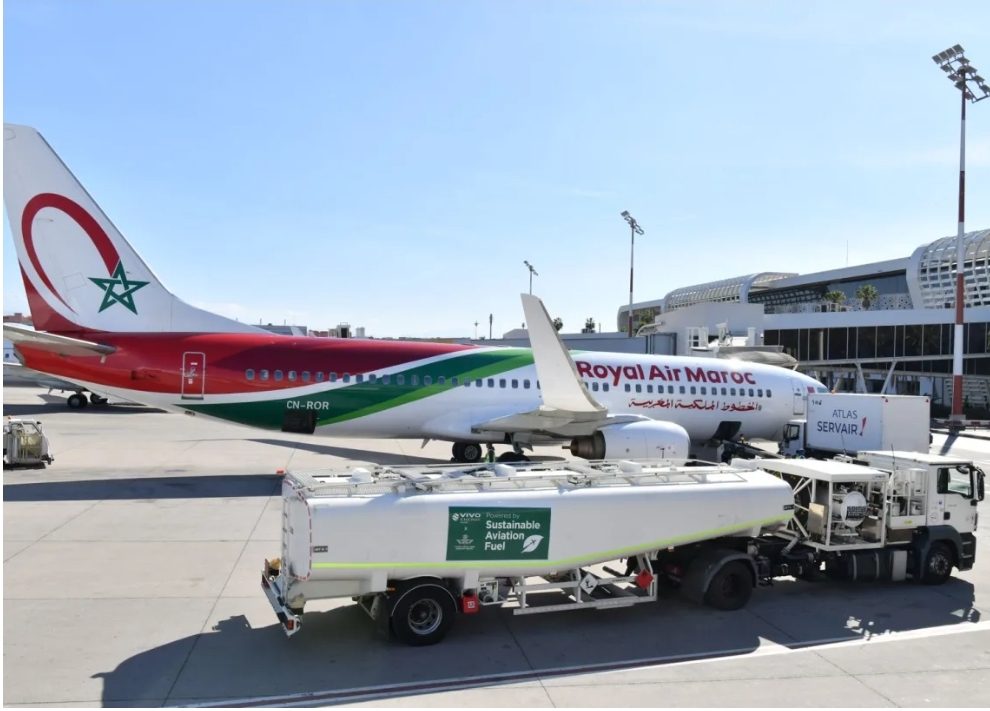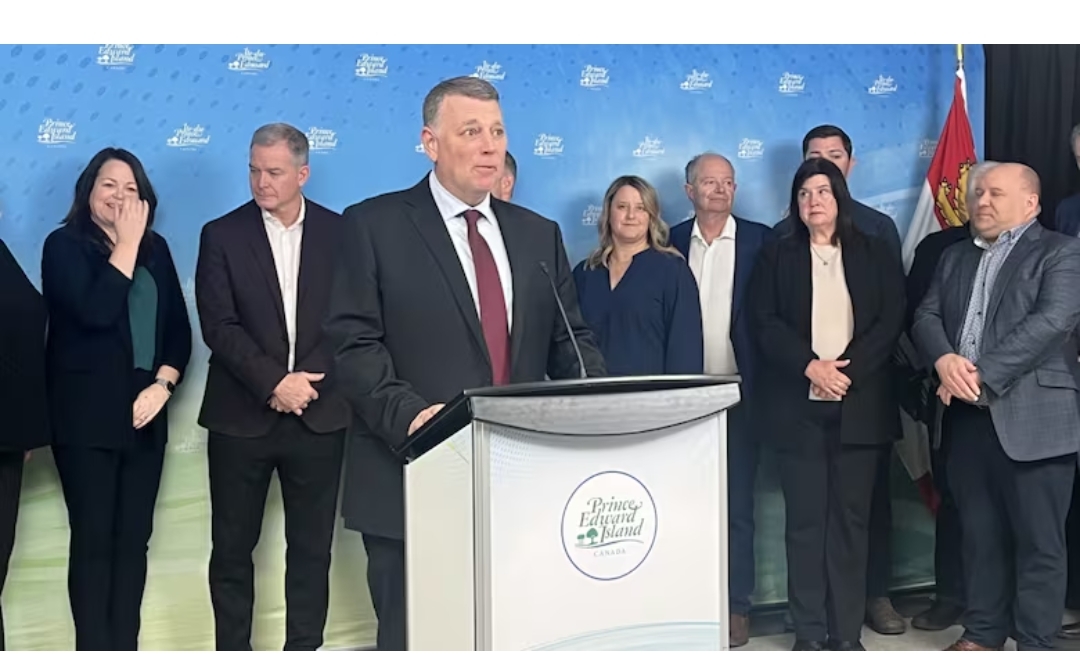Assahafa.com
Moroccan banks have contributed significantly to the rapid development of financial services in West Africa in recent years, stated Aliou Maiga, the Regional Director of the International Finance Corporation’s (IFC) Financial Institutions Group in Africa.
“Moroccan banks bring banking practices, products, and technologies to their sub-Saharan subsidiaries. Their presence enhances access to credit, expands trade finance, and facilitates cross-border payment solutions while implementing innovative solutions originally developed for the Moroccan market in the region,” Maiga said in an interview with MAP on the occasion of the Africa Financial Summit (AFIS), held on December 9-10 in Casablanca.
These banks, taking advantage of the withdrawal of several international banking groups from the region, acquired their subsidiaries to establish themselves in the market. They now hold a market share of 20% to 30% in African countries such as Benin, Côte d’Ivoire, Nigeria, and Senegal, he explained.
However, Maiga pointed out that Moroccan banks face the same macroeconomic challenges as other financial institutions in the region, including the fragility of certain economies, the concentration of banking portfolios in specific sectors, stricter regulatory requirements, and the emergence of new banking players.
“On the regulatory front, we have observed greater coordination between regulatory bodies in Africa. For instance, Bank Al-Maghrib and the Central Bank of West African States (BCEAO) regularly collaborate on banking supervision,” he added.
Furthermore, Maiga noted that the IFC aims to play a key role in facilitating South-South financial cooperation. “In this regard, we support African financial players in their expansion across the continent to promote greater financial inclusion and mobilize private capital for development priorities.”
This support, he said, may involve providing risk-sharing mechanisms to Moroccan banks aiming to increase access to financing for micro, small, and medium-sized enterprises (MSMEs) or small-scale farmers in challenging markets.
The Regional Director emphasized that the strength and scale of Moroccan banks can play a vital role in broadening access to financing for MSMEs.
“For example, last year, the IFC provided nearly $150 million in loans to seven subsidiaries of Bank of Africa (BOA) in Benin, Burkina Faso, Côte d’Ivoire, Kenya, Niger, Senegal, and Togo. This was aimed at expanding access to financing for approximately 5,000 small and medium-sized enterprises in the region, including women-led businesses,” he noted.
Moroccan innovation can extend beyond the Kingdom’s borders to contribute to food security in Africa, Maiga asserted. He highlighted IFC’s collaboration with SOWIT, a Moroccan AgTech startup, and Moroccan financial institutions to leverage data and technology to mitigate risks associated with investments required to boost wheat production in Morocco.
“Ensuring alignment of their commercial objectives with inclusive and sustainable development programs in West African economies will be key for Moroccan banks to ensure the success of this South-South cooperation,” he concluded.
Source: map


